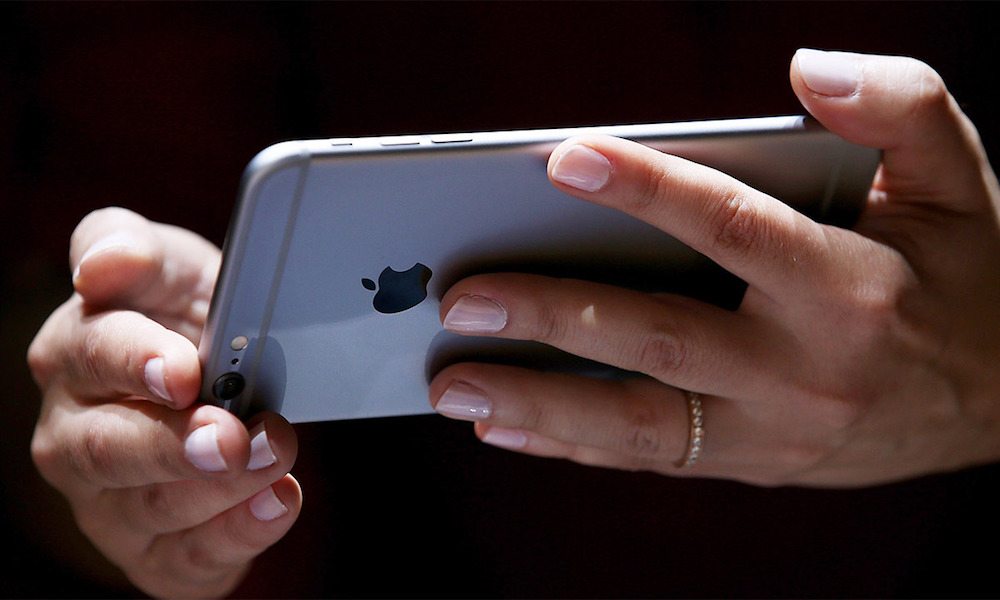59 iPhone Slowdown Lawsuits Might Merge into Huge Class Action Case
 Credit: Yahoo
Credit: YahooToggle Dark Mode
Five dozen iPhone customers who are suing Apple might seek to merge their lawsuits into one single class-action case, according to a new report.
A total of 59 separate lawsuits have been filed against Apple since news of its performance management system first spread. Now, there are efforts to combine those lawsuits into a class-action suit. Those efforts will culminate in a March 29 legal meeting, The Wall Street Journal reported on Wednesday.
The goal is to have the suits class certified, according to the Journal. A lead attorney for the case and a primary court location will also be chosen at the meeting tomorrow, which will take place in Atlanta, Georgia. The suits are seeking an unspecified amount in damages, legal fees and free battery replacements, as well as a “corrective” ad campaign.
Apple’s battery controversy began last December, when the firm admitted to throttling older iPhones as their batteries aged. The measure, which was introduced in iOS 10.2.1, was meant to prevent unexpected shutdowns on iPhones with degraded batteries.
In the wake of that announcement, Apple began offering discounted out-of-warranty battery replacements. It also promised to add battery health features and an option to turn the power management measure off — both of which will be included in the upcoming iOS 11.3 update.
Many of the suits accuse Apple of intentionally slowing down iPhones to spur consumers to purchase new devices, court records show. They allege that Apple “misrepresented” the scope and nature of battery-related issues, and failed to mention the power management feature, the WSJ reported.
Class-action lawsuits are not altogether uncommon, especially ones aimed at large corporations. But the sheer amount of lawsuits filed against Apple this time is extremely unusual — and it also triple the number of suits levied at Apple over “Antennagate” in 2010.
The “batterygate” controversy has also led to an investigation by the U.S. Department of Justice and the Securities and Exchange Commission, as well as government probes in Canada, China, France and Italy.
But while the lawsuits might be noteworthy because of their numbers, some legal experts are skeptical over a combined suit’s chance at succeeding.
For one, as the WSJ points out, fraudulent-concealment claims can be difficult to prove in court. As long as a company isn’t making “actively misleading” statement, their right to say what they want is typically upheld, Harvard Law Professor Rebecca Tushnet told the Wall Street Journal.
Secondly, despite the plaintiffs’ claims, Apple may have already done enough to “make clear” that the iPhone throttling was actually implemented to improve user performance, IHS Markit analyst Wayne Lam told the Journal. He added that the suit “won’t amount to a hill of beans.”
Still, Apple may not come out of this controversy unscathed. Barclays has estimated that the Cupertino tech giant could lose over $10 billion in profit due to customers opting to replace batteries instead of buying new iPhones.






